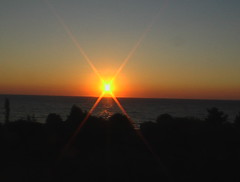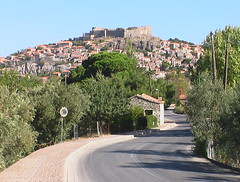I see that the LILAC programme is now available. As usual it seems they have worked hard to include some interesting keynote speakers. Jo Webb and I are going to do a symposium session on the wednesday morning on “researcher’s learning lives” in which we plan to draw on some of the research from our book to examine how researcher’s learning needs change throughout their research life.

Grand Canyon.









